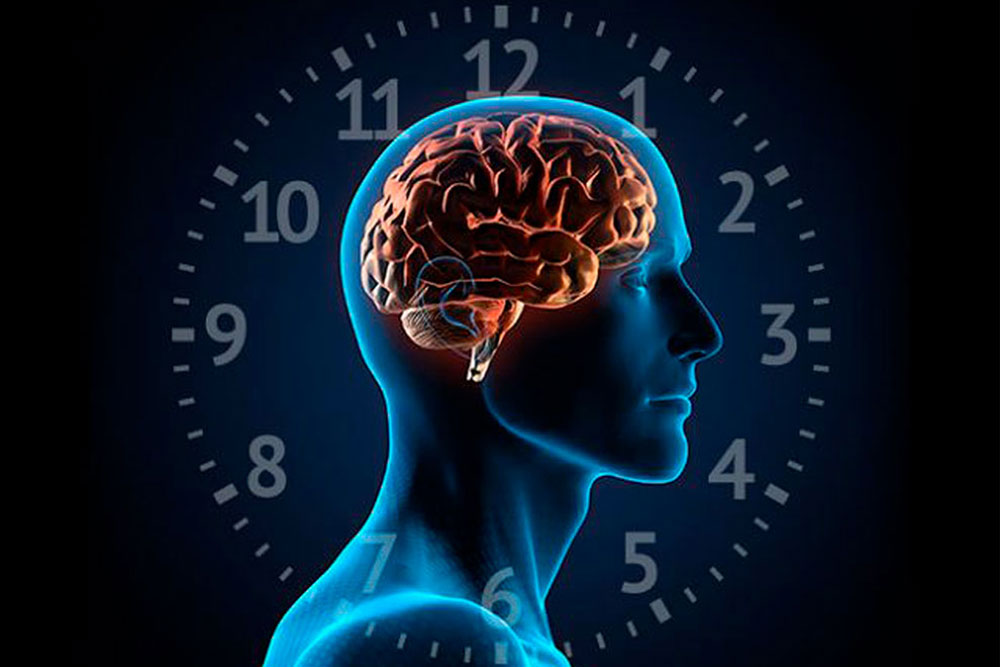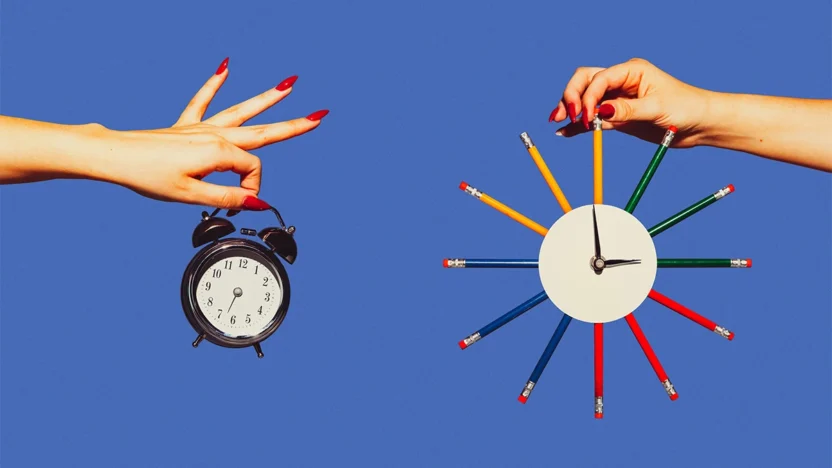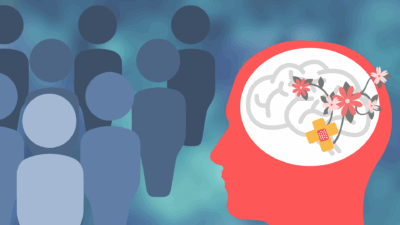
In today’s fast-paced world, many of us struggle to create meaningful change despite our best intentions. Micro-habits offer a fresh approach: small, manageable actions that, when repeated consistently, produce transformative results. In this article, we explore the psychological foundations of micro-habits and reveal how tiny adjustments can lead to substantial changes in your routines, mindset, and overall well-being. By combining theory, practical examples, and actionable strategies, we provide a comprehensive guide that tackles common obstacles and empowers you to improve your life.
The Psychology of Micro-Habits: Foundations and Benefits
At the core of forming micro-habits is the dynamic interplay between behavior and cognition. Psychological research demonstrates that small adjustments can trigger enduring transformations by gradually rewiring neural pathways. Initiating change through manageable actions can shift belief systems and offer a refreshed perspective on everyday challenges.
Micro-habits take advantage of our brain’s natural tendency to favor routine. Integrating minute adjustments into your daily life helps your subconscious acknowledge and reinforce these behaviors, eventually making them part of your identity. This creates a self-reinforcing cycle where consistency leads to mastery, amplifying long-term benefits.
Additionally, embracing the psychology of micro-habits can reduce the overwhelming feelings typically associated with large-scale changes. By focusing on small, incremental steps, you boost self-efficacy and foster resilient behaviors that contribute to both personal and professional success.
Designing Effective Micro-Habits for Lasting Change
Creating micro-habits that endure requires careful planning and an understanding of behavioral motivation. Experts emphasize the need for clear, attainable goals. Breaking down complex behaviors into smaller parts removes the intimidation factor and builds positive momentum for continued progress.

A habit must be both specific and consistent to become a part of your daily life. Establishing clear cues and triggers around these actions reinforces the habit loop. A well-designed micro-habit aligns with your values and long-term aspirations, ensuring the journey is both fulfilling and sustainable.
For example, consider a mindful breathing exercise. By dedicating just one minute each morning to focus solely on your breath, you set the stage for improved concentration and reduced stress. Over time, this small step may evolve into a broader mindfulness practice, demonstrating how minor modifications can lead to significant psychological improvements.
Establishing Clear Cues
A crucial part of designing effective micro-habits is to establish clear cues. These cues act as reminders that prompt the initiation of the habit, making the process more automatic and less dependent on willpower. For example, keeping your workout clothes near the door can serve as a gentle reminder to exercise.
The consistency of these cues reduces procrastination and reinforces accountability. Regular cues ensure that micro-habits are practiced daily, eventually turning them into an integral part of your routine.
Leveraging Immediate Rewards
Immediate rewards are essential because the brain is wired to seek pleasure and avoid discomfort. After completing a micro-habit, a small reward can solidify the new behavior and create a positive association. Even a brief moment of self-acknowledgment can serve as an effective reward.
This reward mechanism is instrumental in habit formation by providing instant gratification, which bolsters long-term commitment. With regular rewards, your self-belief grows, making it easier to maintain a series of positive actions.
Overcoming Barriers: Psychological Challenges in Habit Formation
Even with the simplicity of micro-habits, several psychological barriers can impede progress. Common challenges include a lack of motivation, negative self-talk, and fear of failure. Recognizing these mental obstacles is the first step to turning them into opportunities for personal growth.
Research shows that cognitive distortions can derail progress. For instance, viewing a minor setback as complete failure might lead you to abandon even the smallest positive steps. Changing the narrative from failure to learning is crucial for overcoming these barriers and staying committed to your micro-habit journey.

Therapeutic methods, like cognitive-behavioral therapy, often address these internal conflicts. By reframing negative thoughts and applying practical strategies to manage fear, you build the resilience needed to maintain your micro-habits. Additionally, a strong support system can significantly boost motivation and perseverance.
Practical Strategies and Tools to Reinforce Micro-Habits
Implementing practical strategies is key to weaving micro-habits into your daily routine. A well-rounded approach that includes self-monitoring, feedback, and environmental adjustments can drive meaningful change. Digital apps, journals, and habit trackers have become invaluable in supporting this process, making the journey both engaging and measurable.
These tools help you visualize progress and receive timely feedback, leading to a deeper understanding of personal triggers and success factors. The challenge is to balance consistency with flexibility, ensuring that your strategy adapts to life’s inevitable ups and downs.
Experts also suggest that a community-based approach can enhance success. Sharing your progress with online forums or supportive peers not only increases accountability but also enriches your journey with collective insights and shared experiences.
Utilizing Technology to Your Advantage
Innovative tools, such as habit-tracking apps, offer structured ways to monitor your micro-habits. These platforms enable you to set personalized reminders and track small improvements, ensuring that your progress remains visible and motivating.
Incorporating technology into your routine fosters a sense of control and accomplishment, allowing you to stay committed even on challenging days.
Building a Community for Shared Success
Connecting with groups and online communities dedicated to personal development provides essential social support. These communities offer motivational stories, valuable advice, and a sense of accountability during moments of self-doubt.
Sharing your journey with others who face similar challenges increases resilience and determination. This supportive network turns every success into a collective celebration, reinforcing your commitment to change.
Future Directions and Contextual Insights on Micro-Habits
Looking ahead, the role of micro-habits in psychology is set for exciting developments. The integration of advanced behavioral analytics and digital health tools is opening new avenues to understand how small changes can evolve into life-changing routines. Researchers continue to explore the transformative potential of minimal interventions, not just for self-help but also in clinical practices.
Recent studies suggest that micro-habits can be particularly beneficial for managing chronic stress, anxiety, and depression. By harnessing the cumulative power of small, consistent changes, psychotherapists are starting to incorporate these techniques as complementary therapies. This emerging trend underlines that even the smallest actions can significantly improve mental health and overall quality of life.

Moreover, digital psychology trends highlight that social dynamics and environmental cues are crucial for the success of micro-habits. The synergy between technology and behavior continues to redefine habit formation, offering fertile ground for innovative practices that address the complex demands of modern living.
Content Additional
To ensure the insights presented are both comprehensive and actionable, it is essential to explore the multifaceted nature of micro-habits in greater depth. This additional section further explains how these small steps can be systematically integrated across various areas of your life.
One of the main advantages of micro-habits is their capacity to foster incremental growth. Unlike grand resolutions that often crumble under unrealistic expectations, micro-habits enable a gradual yet persistent evolution of behavior. Every small success fuels your confidence, creating a ripple effect that spurs continued personal development.

Extensive research in behavioral psychology supports the effectiveness of micro-habits. Studies indicate that even minimal, consistent interventions can lead to neurobiological changes, solidifying desired behaviors over time. This empirical foundation reassures both practitioners and enthusiasts that investing effort in micro-habits is a scientifically sound and practical approach.
Another important aspect is the role micro-habits play in addressing modern lifestyle challenges. In environments characterized by constant distractions and high stress—such as urban settings—micro-habits offer a pragmatic solution to maintain mental clarity and overall well-being. Short mindfulness sessions, mini-breaks, or brief moments of reflection can become anchors in a busy day.
Transforming your life through micro-habits is a personal journey supported by scientific insights. By valuing small, incremental changes and leveraging psychological principles, you can unlock your true potential. The ideas discussed here show that with commitment, resilience, and a customized plan, sustained change is attainable. Embrace these principles and let your micro-habits become the stepping stones to a richer, more fulfilling life.




